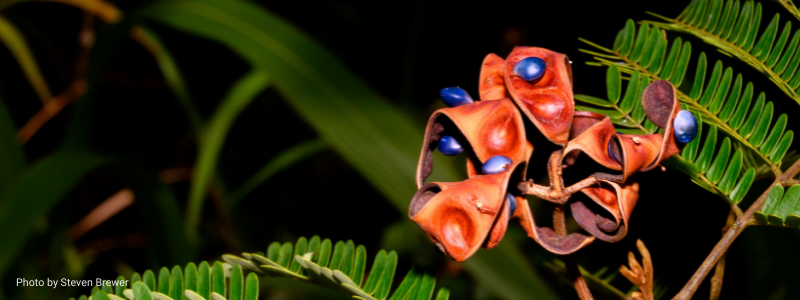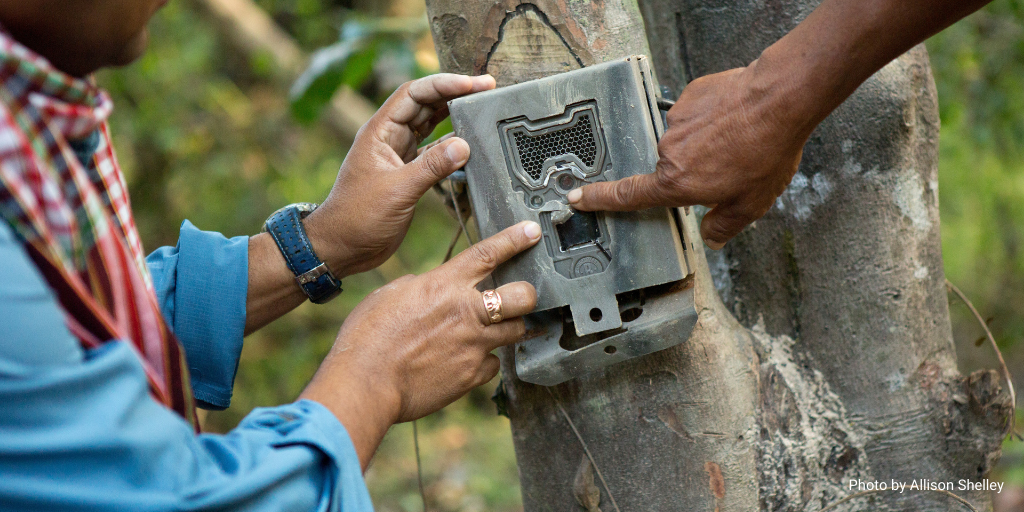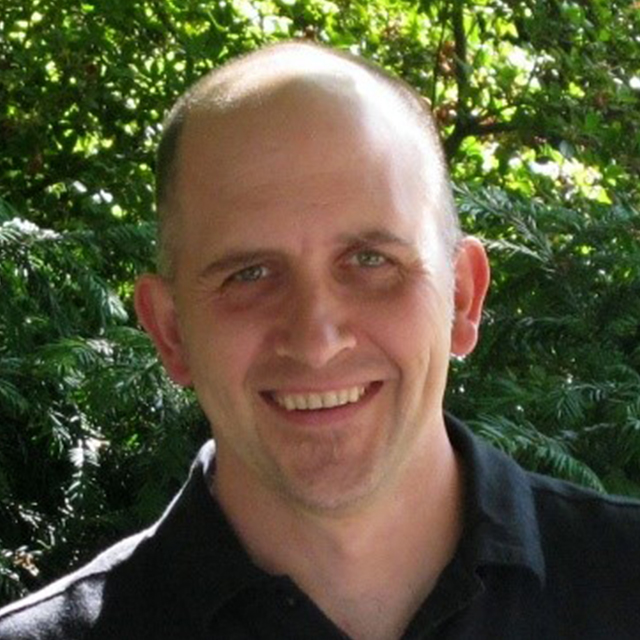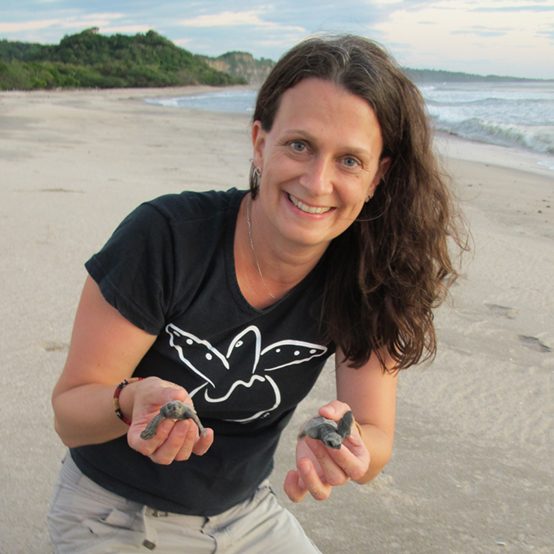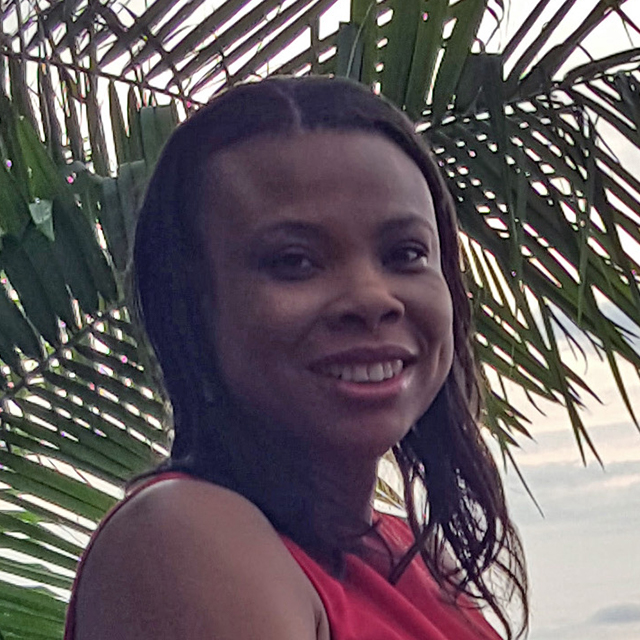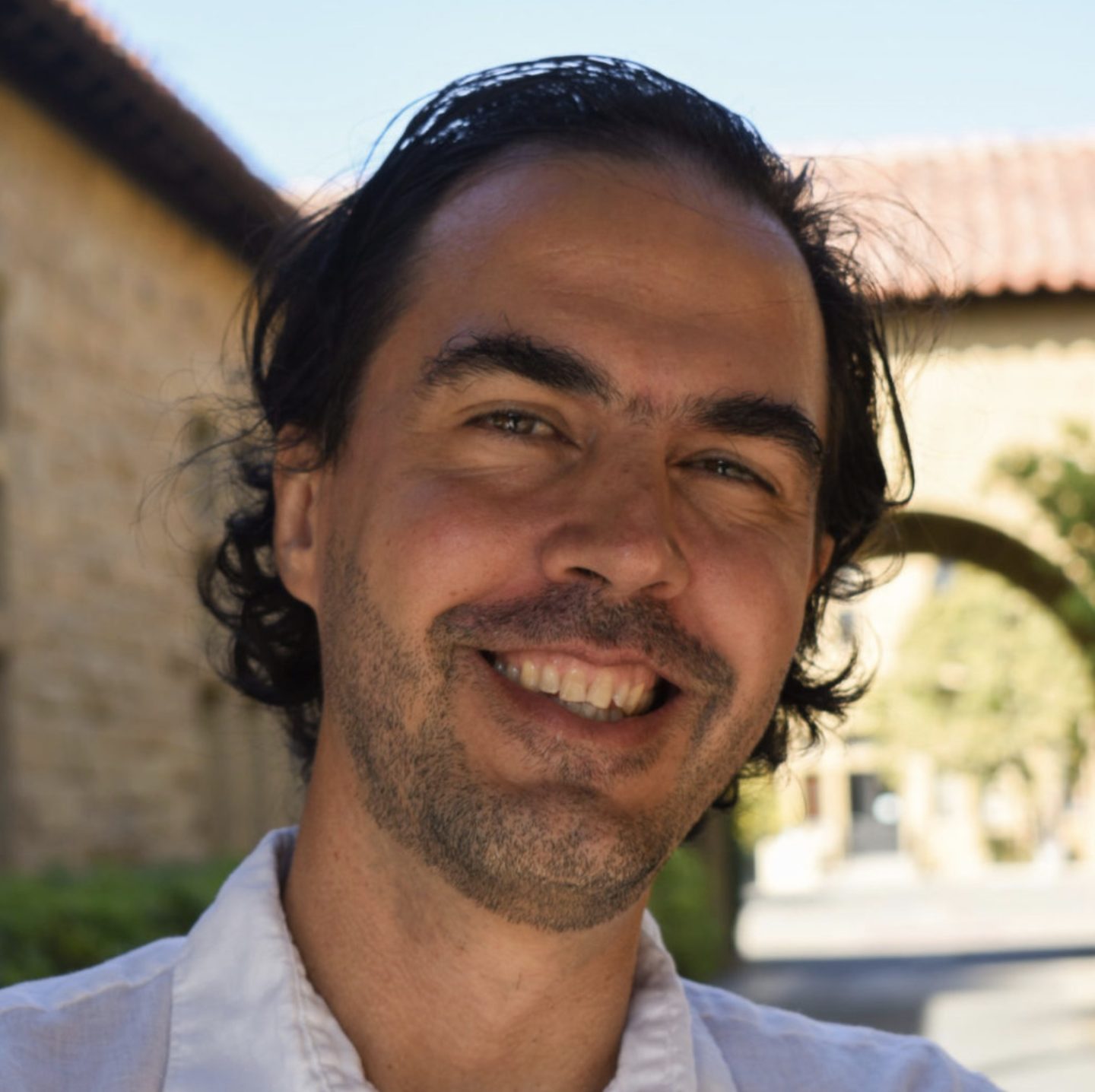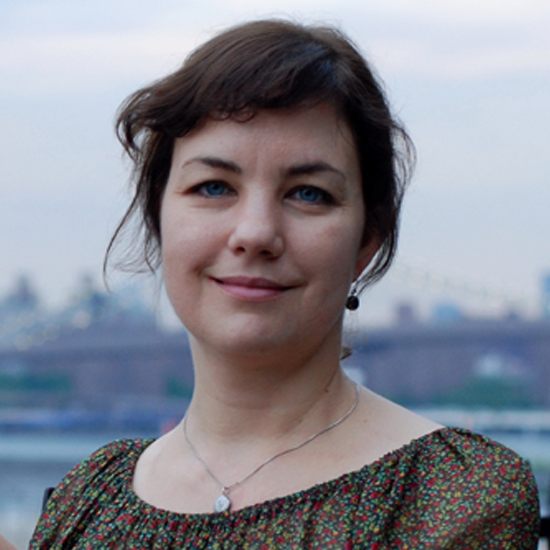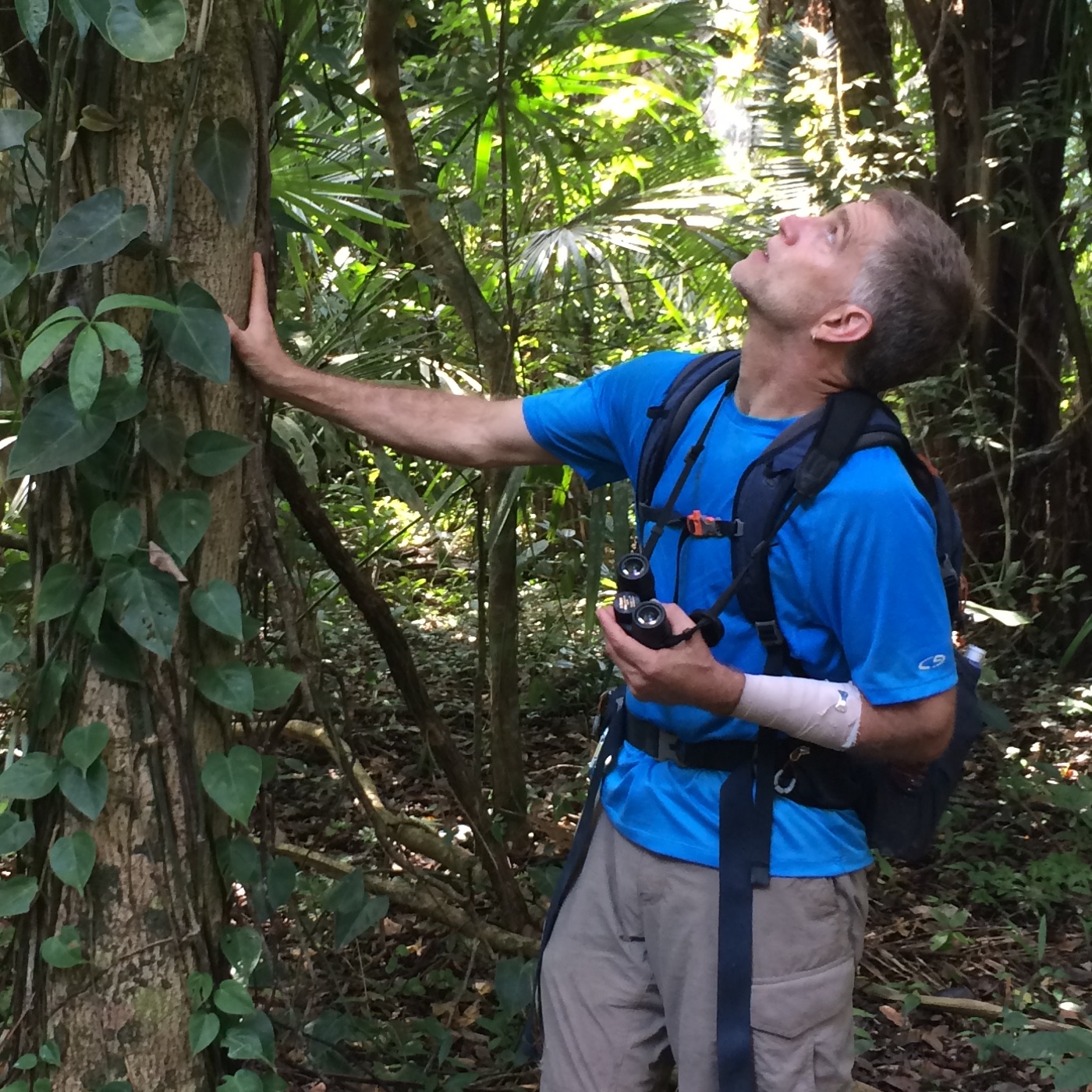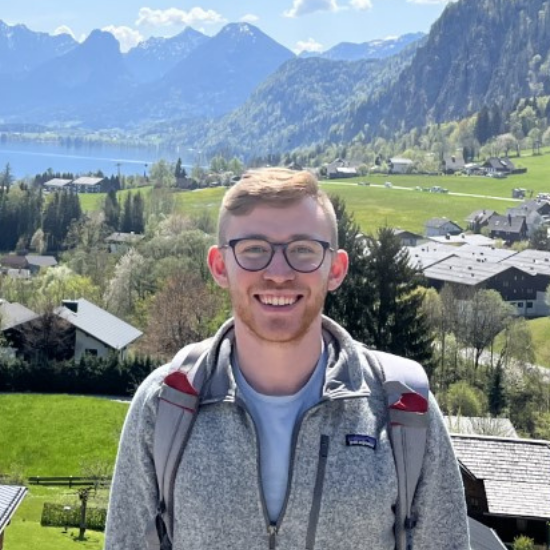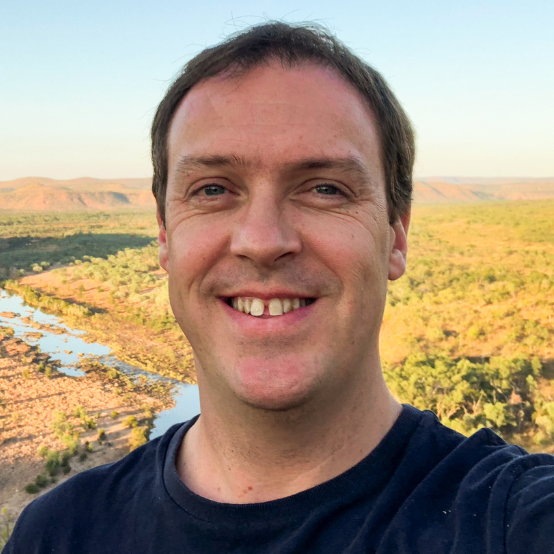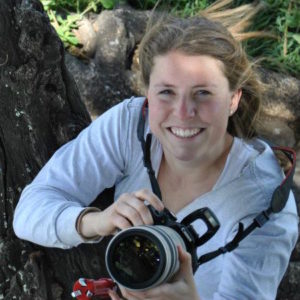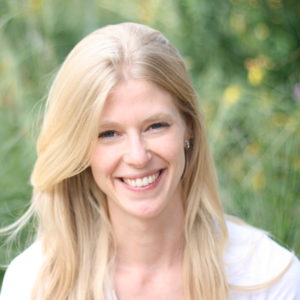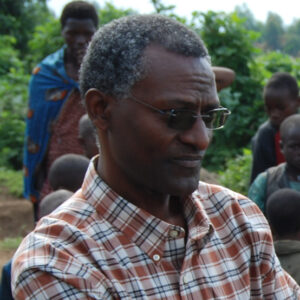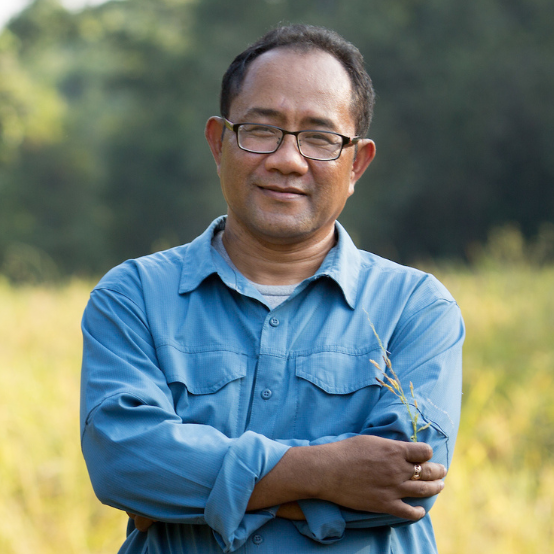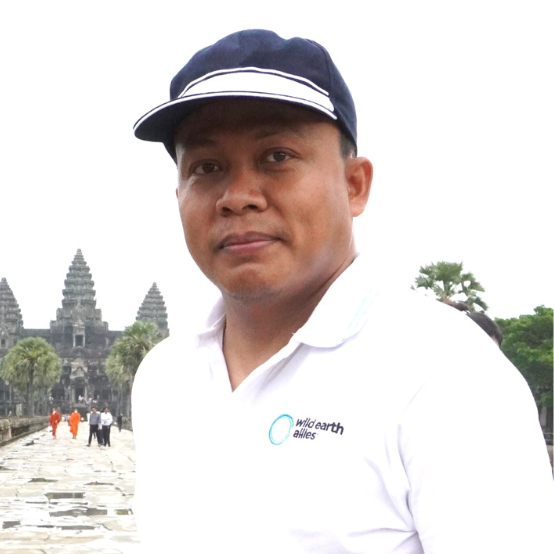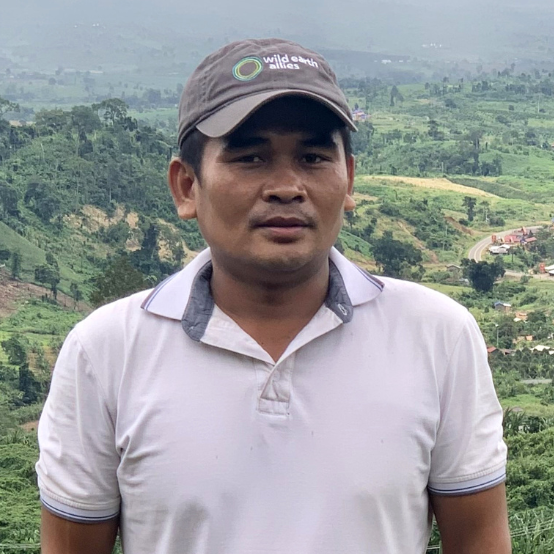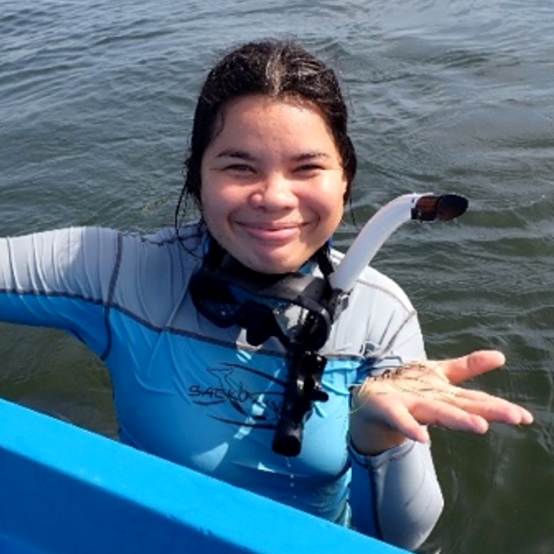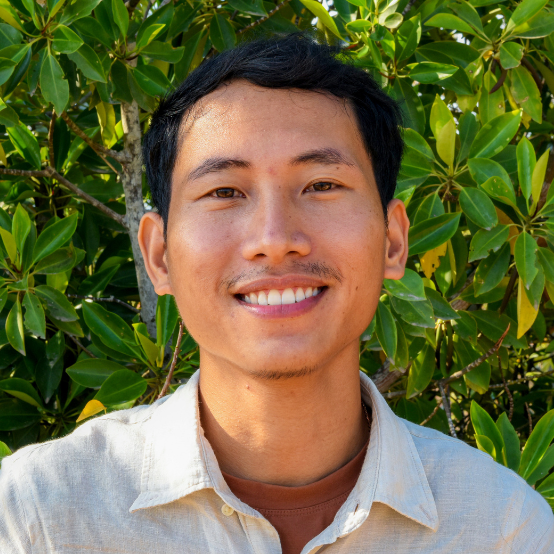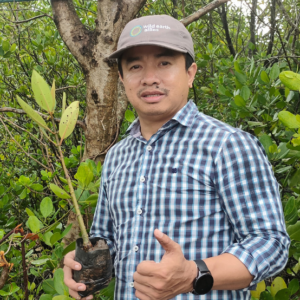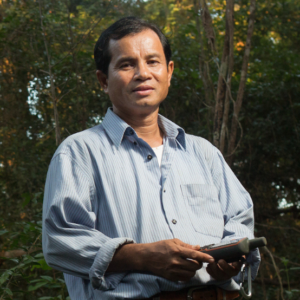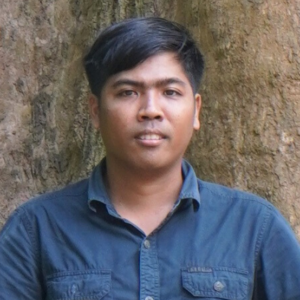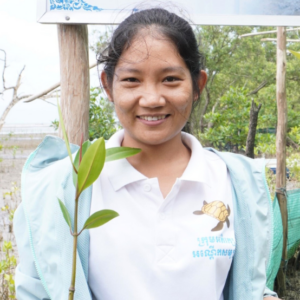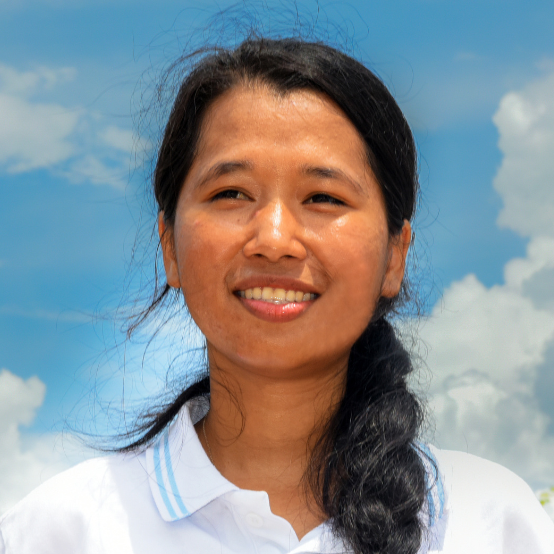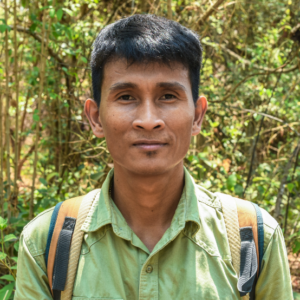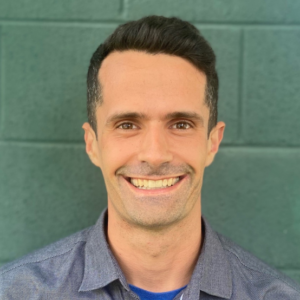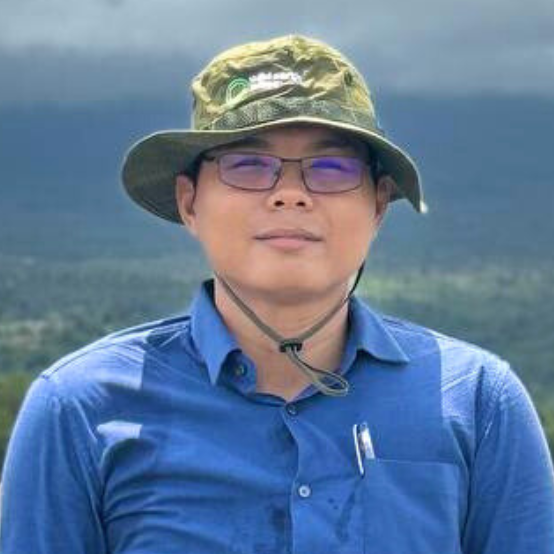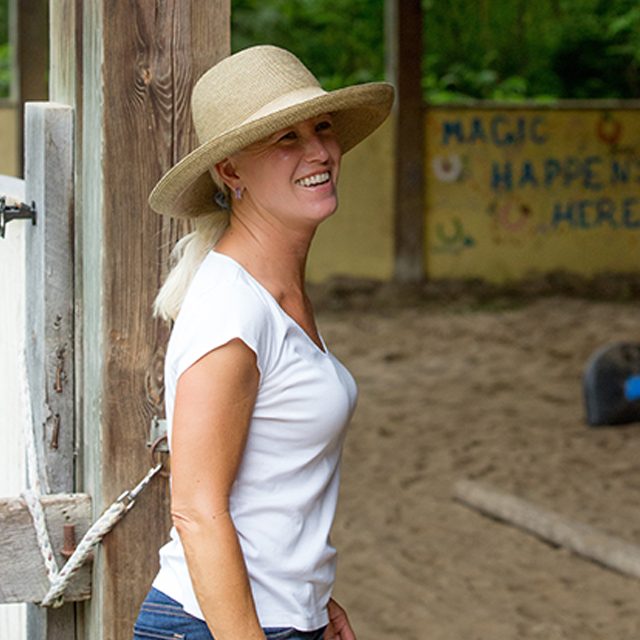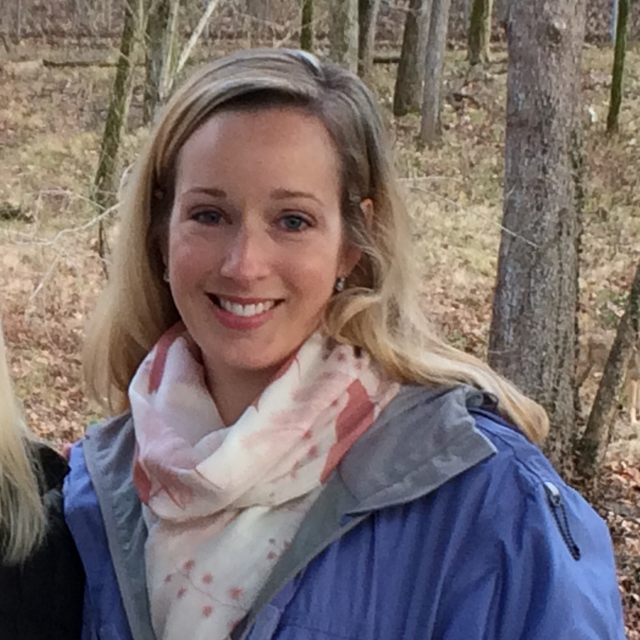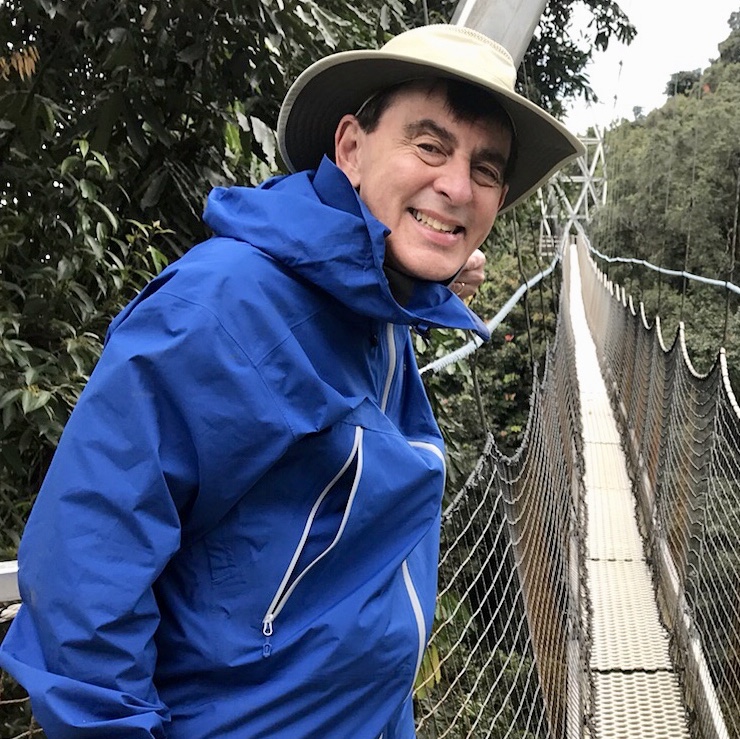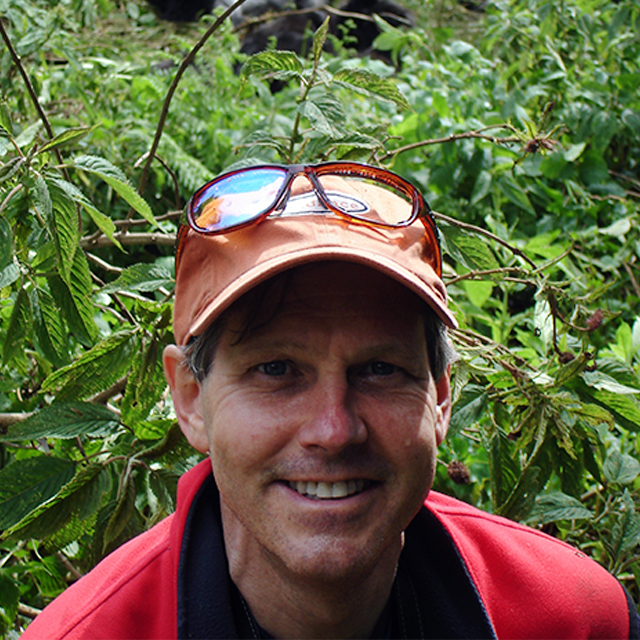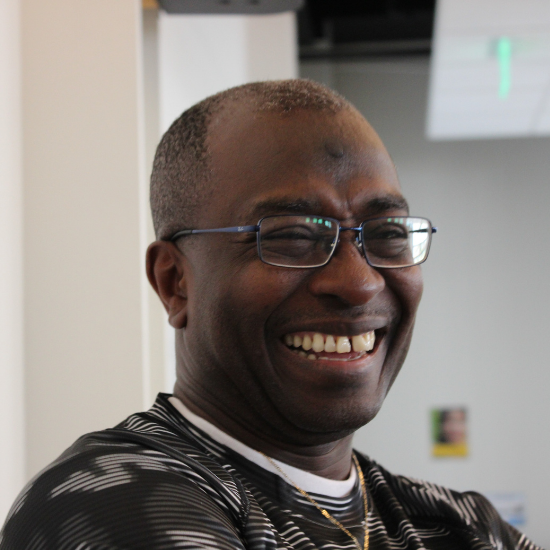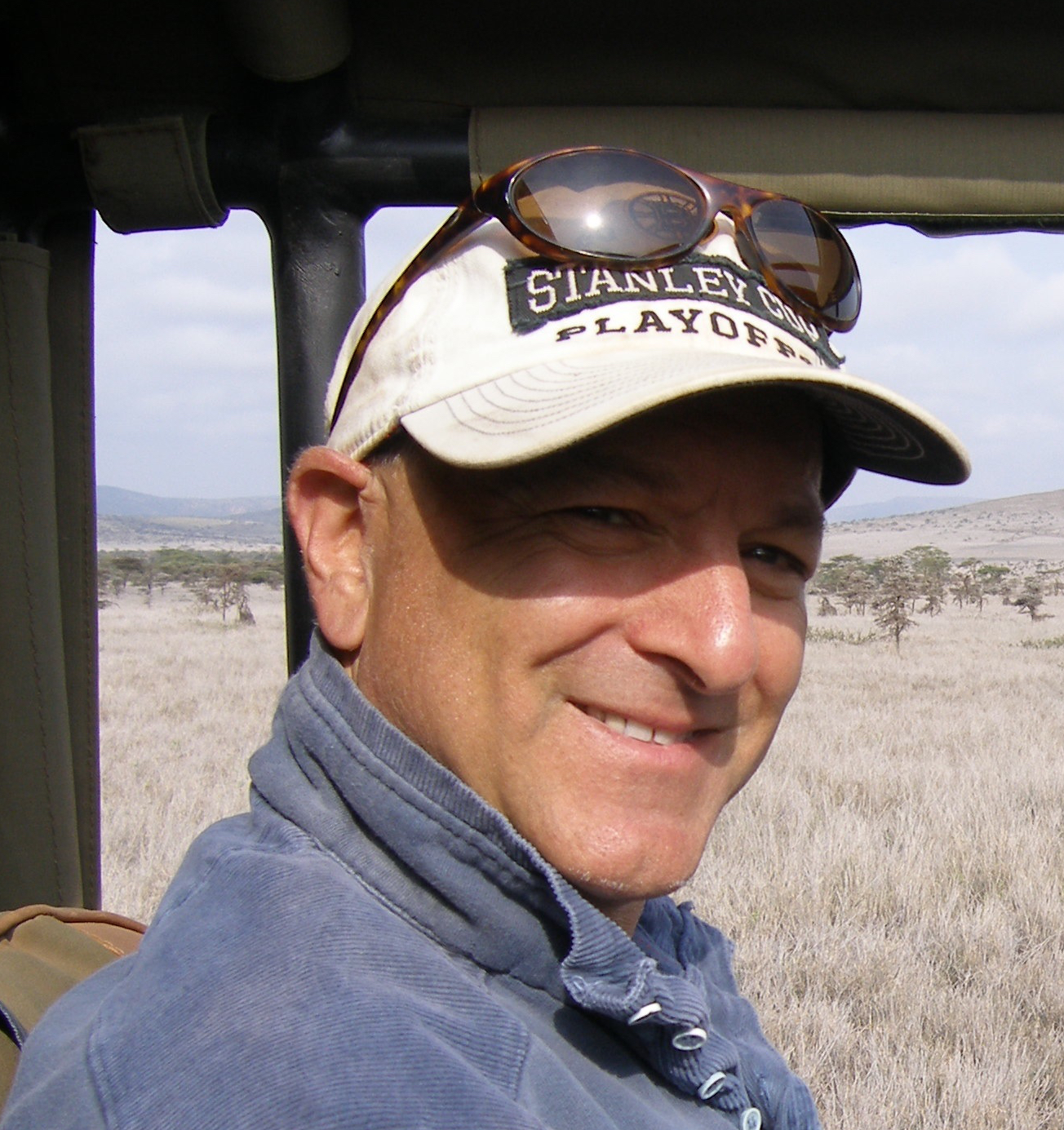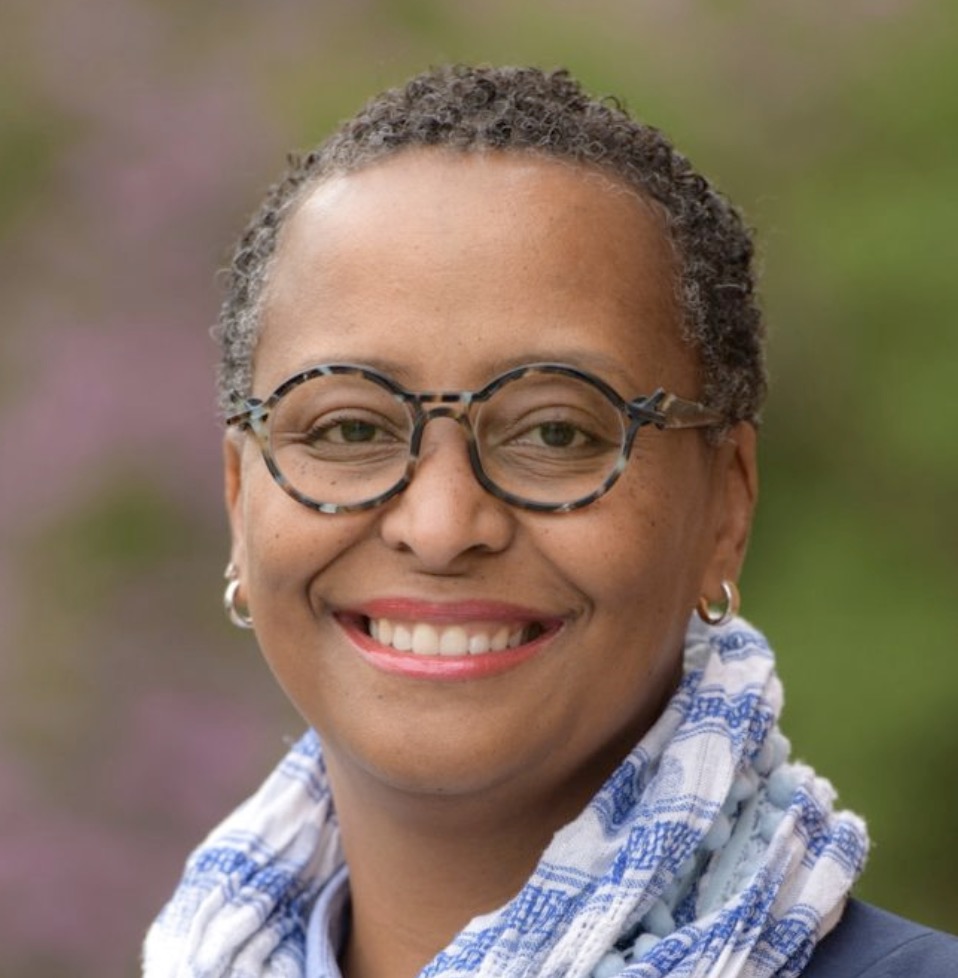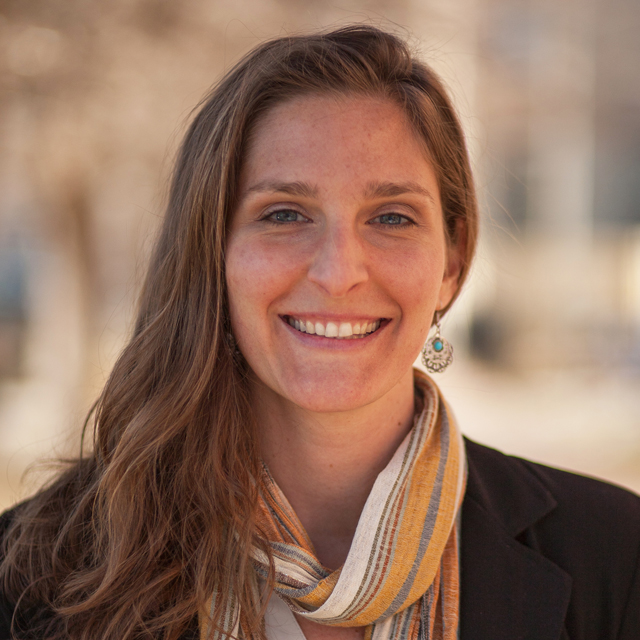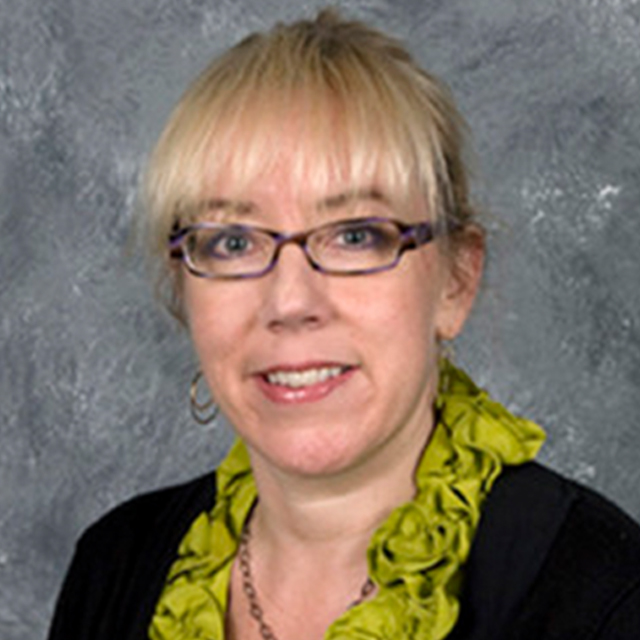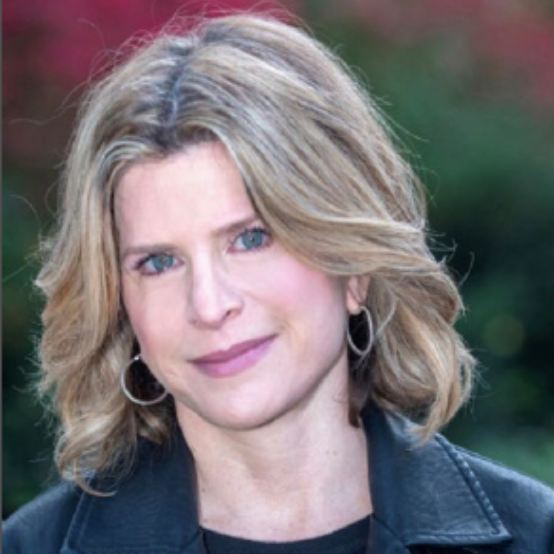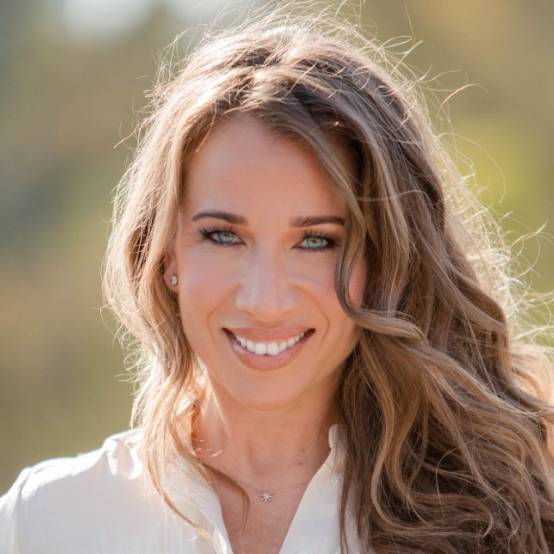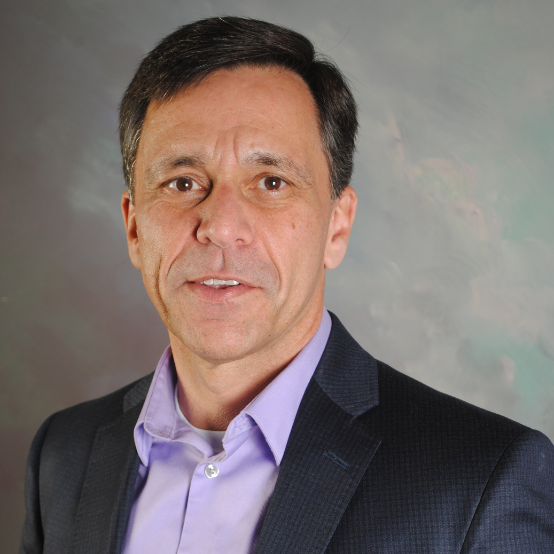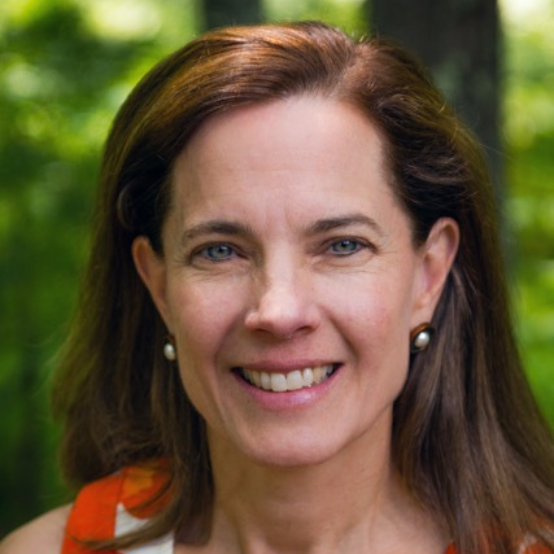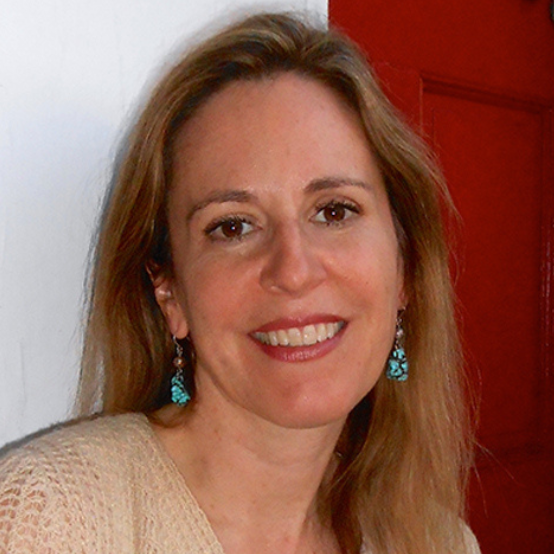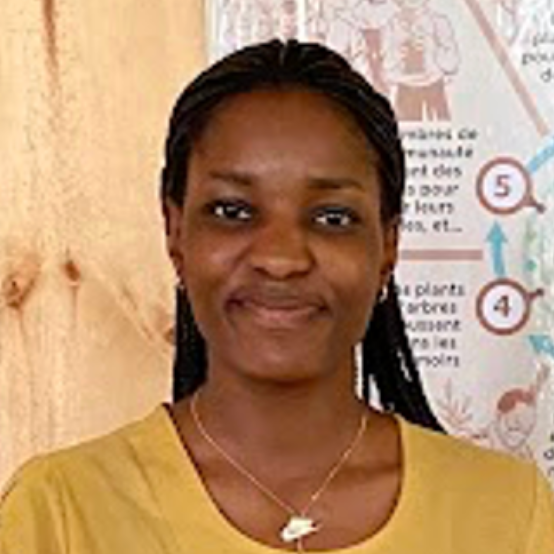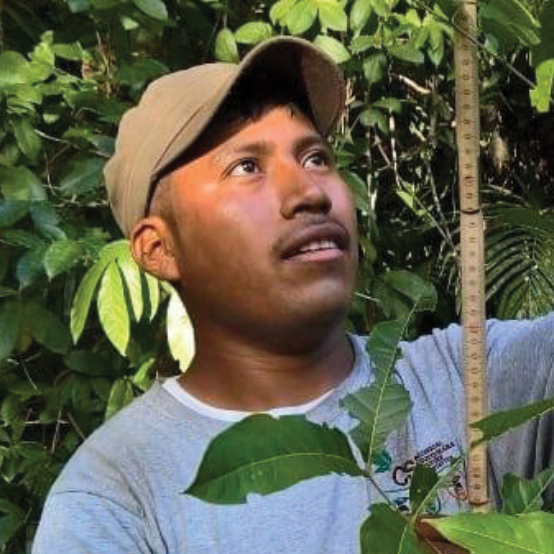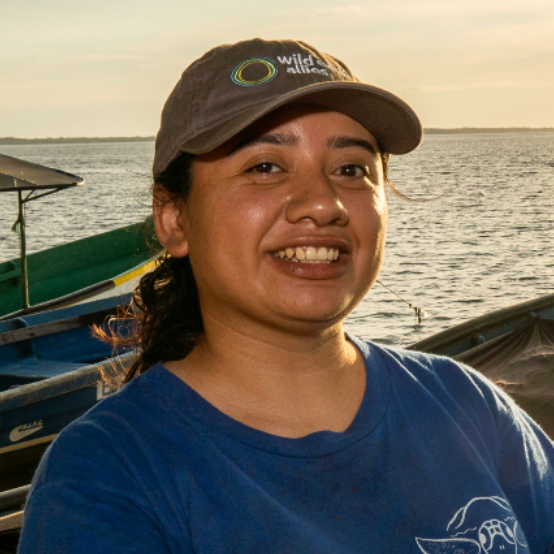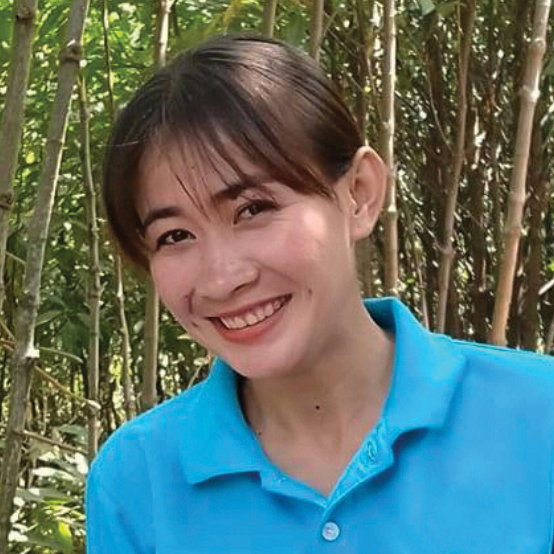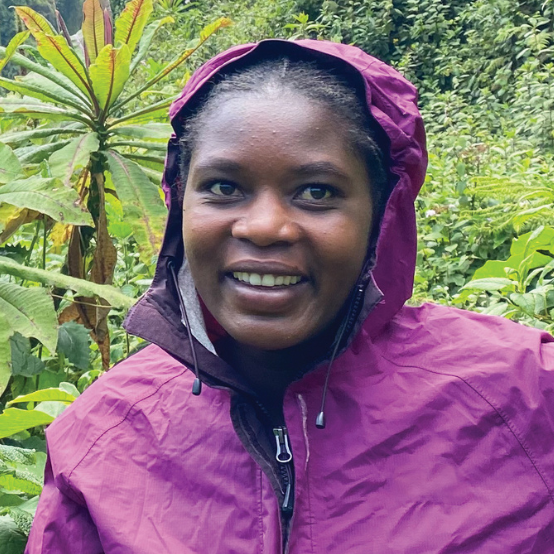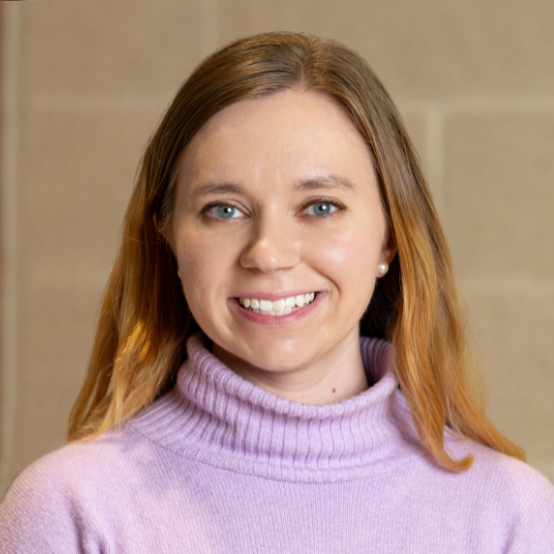For decades, we have been implementing community-based conservation, innovating and learning with talented local partners in our field sites globally. These key collaborative actions deliver measurable impact for wildlife, habitats and people, and are ready to scale:
Know the Biodiversity
Much of the planet’s biodiversity is still under-documented, making it difficult to manage effectively. Along Cambodia’s coast, we are surveying coral reefs and seagrass meadows to design a new marine protected area. In Belize, our botanist is creating the first country-wide inventory of tree species – and our tally is 1,297 and counting. Our biomonitoring in field sites globally delivers critical data for mobilizing government and civil society support for protection. Learning and sharing knowledge broadly are core values for our organization.
Strengthen Protection
Identifying pressures and putting in place mitigation plans are essential for strong protection. In DRC, our partner Primate Expertise has not lost one gorilla since increasing anti-poaching patrols and community engagement. In El Salvador, with partner ProCosta and a dedicated community network we protect nesting hawksbill turtles and release 30,000+ hatchlings each year. In Cambodia, we protect 1.7 million acres of Asian elephant habitat and train fishers to patrol locally-managed marine areas. Solid fieldwork drives benefits for people and wildlife.
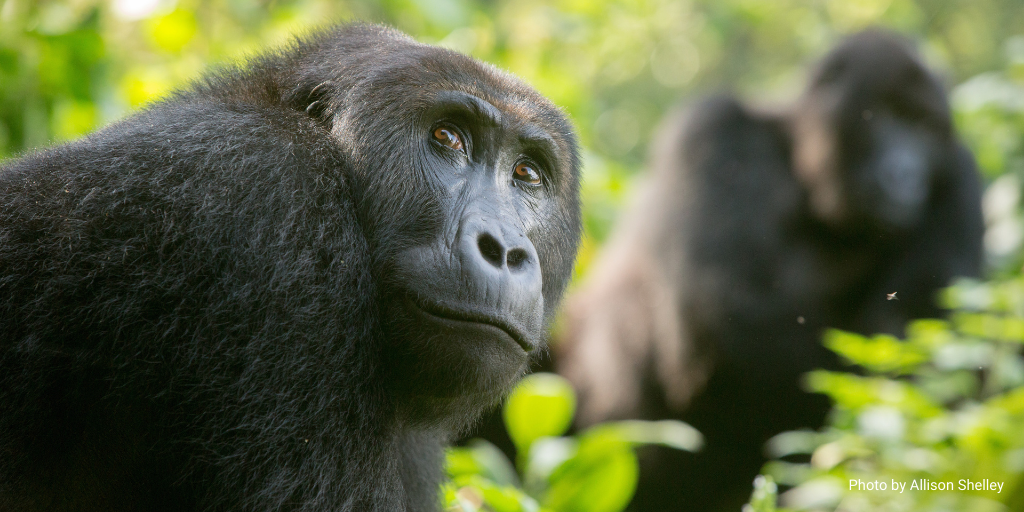
Enhance Livelihoods
At the heart of our work is a focus on sustainable livelihoods and increasing community access to natural resources. We collaborate with a women-led cooperative in Rwanda to build household water tanks, with coastal villages in Cambodia to patrol community fisheries, and with Indigenous Batwa and Kuy families in DRC and Cambodia to grow trees and gardens. In El Salvador, 130 community members earned income protecting and releasing turtle hatchlings. These efforts increase financial and physical health and reduce environmental pressures.
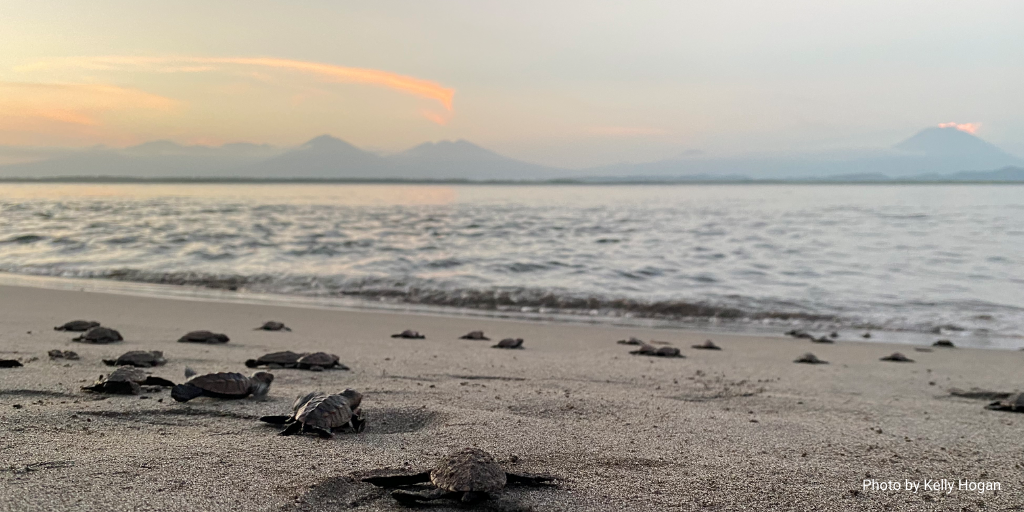
Restore Degraded Habitat
Habitat restoration is a core conservation strategy. In DRC, we germinate seeds collected from ape dung. We have grown 33,638 “ape tree” seedlings, improving well-being of Indigenous Batwa families and reforesting 370 park acres. In Cambodia, with coastal communities we replant mangroves and install artificial reefs to promote seagrass and oyster recovery. In the U.S. with Delaware Wild Lands, we are rewilding the 10,600-acre Great Cypress Swamp, recently planting 20,000 native Atlantic white cedar and bald cypress trees in this vital forested wetland.
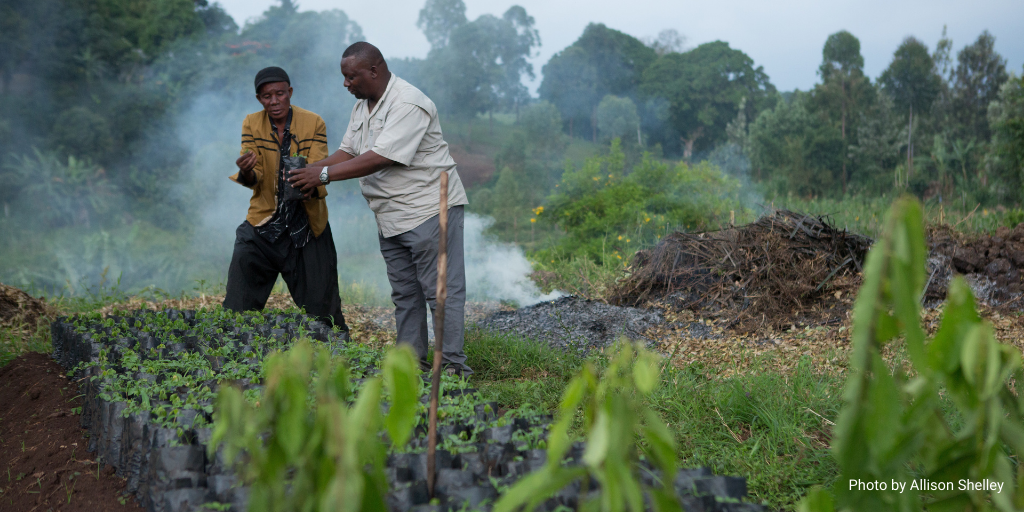
Engage the Next Generation
We have launched a Fellows program to create pathways for diverse talent to build skills in conservation. Our first Fellow in Rwanda is documenting how water tanks improve family well-being and reduce pressures on wildlife. In DRC, we established nature clubs in 11 schools and in Cambodia, we mentored six university students in marine research. Globally, we stimulate next generation interest and involvement through environmental education and outreach in schools and festivals, igniting curiosity about biodiversity and joining in the celebration of nature.
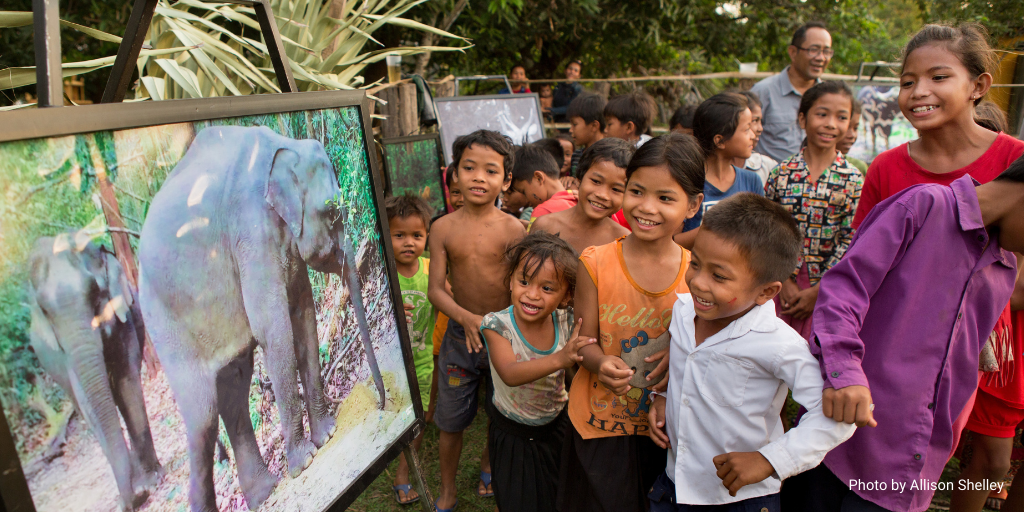
Where We Work
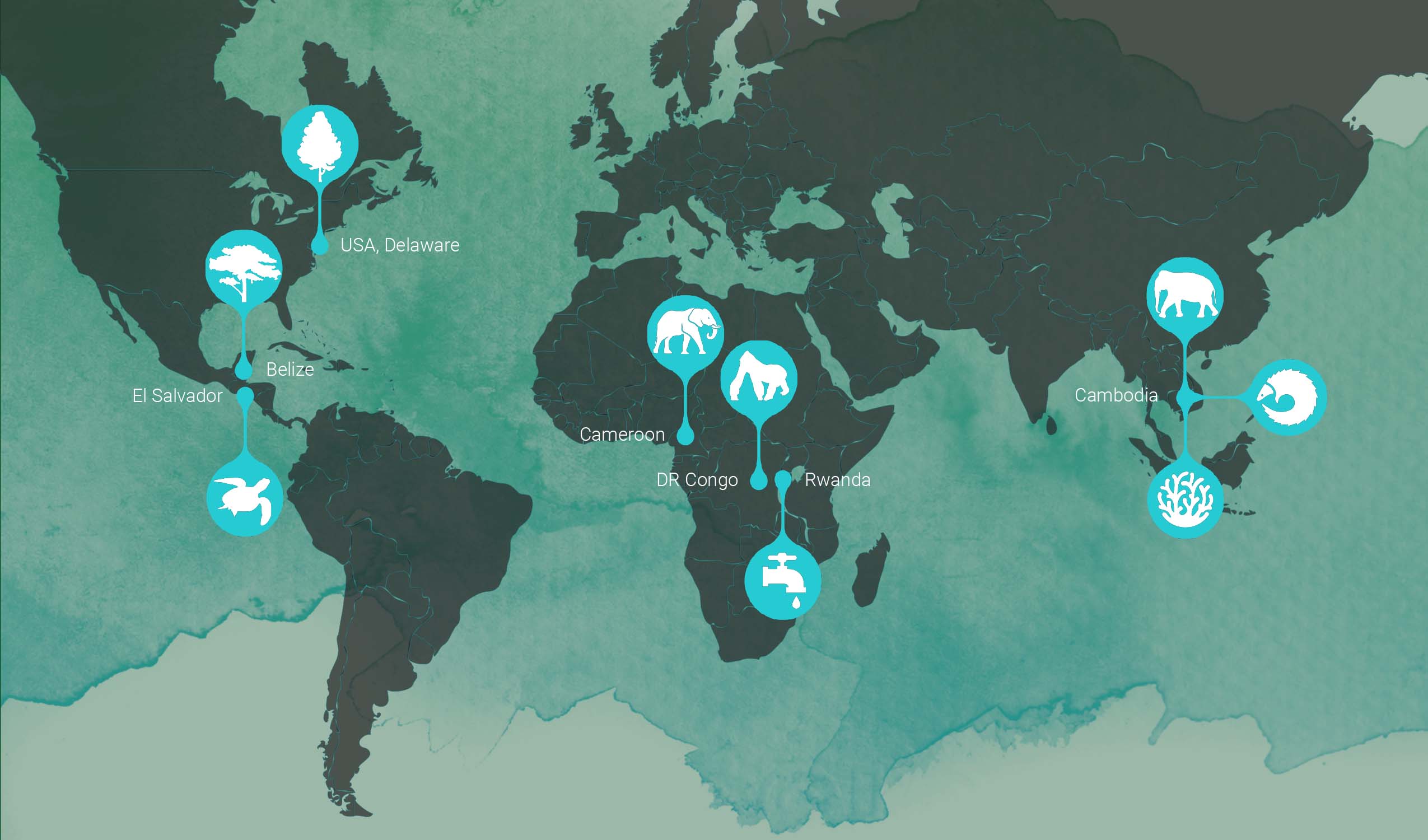
Please watch our new film & help scale our work.

